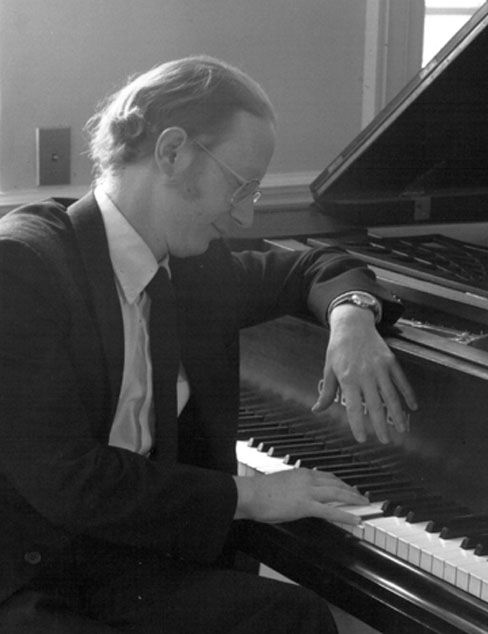"Classical" (baroque-classic-romantic) music develops the listening
ear of children, but folk music, early music and other world music
develops the singing ear more perhaps initially. I have written
hundreds of songs with a built-in teaching method, which I believe if
heard from birth, will increase aptitude for singing in tune. I am
trying to get these on the market.
I am a composer of both modern classical and popular music, mostly for
the church. I have several recordings out which have gotten some
airplay. I have desktop published sacred art songs and choral music.
Some of my Scripture Songs were performed in China and New York
City.
I grew discouraged in church work and in trying to write music for and
conduct amatuer choirs that have trouble reading music and/or singing
in tune. I began wondering if our culture has gradually and perhaps
recently become rather pitch dull for singing, even among people with
rather good amatuer skill in reading choral music and having good
taste in music, etc... I was thinking about some of the things Edwin
Gordon said about musical aptitude in children. After observing some
Kodaly Classes for some substitute teaching, I got to thinking about
lullabies, nonsense syllables, early music, and pitch structures
germinal to the singing ear especially revolving around minor thirds.
I began writing these little minor third-based songs.
Having studied Shenkerian analysis, which lauds the superiority of
baroque-classic-romantic music, I realized that the minor third is a
different fundamental structure than that used as the basis of western
classical music.
The minor third is more modal, ancient, and 'singerly', tribal, and is needed as an organizing principle for music education, not that there
is anything wrong with classical music, but it is after all, concert
music, not so much participatory music for amatuers. Good amatuer
musicians are essential to the infrastructure that creates a space for
good concert music. The lack of this infrastructure is one reason why classical composition has had a hard time making a 'comeback'.

No comments:
Post a Comment